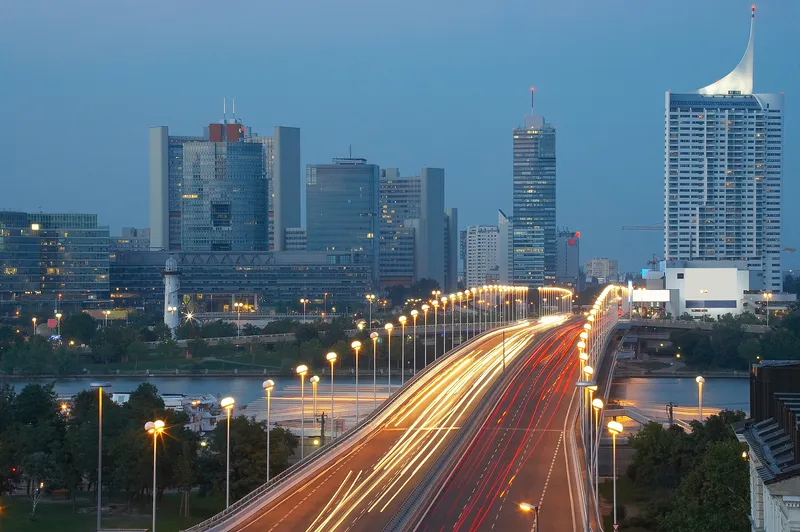International Transport Forum’s (ITF) Transport Outlook 2015, presented in January 2015 at the OECD headquarters in Paris, France, examines the development of global transport volumes and related CO2 emissions and health impacts through to 2050. It examines factors that can affect supply and demand for transport services and focuses on scenarios illustrating potential upper and lower pathways, discussing their relevance to policy making. It presents an overview of long-run scenarios for the development of g
February 23, 2015
Read time: 2 mins
RSS998 International Transport Forum’s (ITF) Transport Outlook 2015, presented in January 2015 at the 7353 OECD headquarters in Paris, France, examines the development of global transport volumes and related CO2 emissions and health impacts through to 2050. It examines factors that can affect supply and demand for transport services and focuses on scenarios illustrating potential upper and lower pathways, discussing their relevance to policy making.
It presents an overview of long-run scenarios for the development of global passenger and freight transport volumes, with emphasis on changes in global trade flows and the consequences of rapid urbanisation. It focuses on the characteristics of mobility development in developing countries, from Latin America to Chinese and Indian cities, highlighting the importance of urban mobility policies for the achievement of national and global sustainability goals.
The report says that, in the face of shifting global trade patterns, international freight transport volumes will grow more than four-fold (factor 4.3) by 2050. Average transport distance across all modes will increase 12 per cent.
As a result, CO2 emissions from freight transport will grow by 290 per cent by 2050. Freight will replace passenger traffic as main source of CO2 emissions from surface transport.
The North Pacific route will surpass the North Atlantic as the world's busiest trading corridor in terms of freight volume (in tonne per kilometre), growing 100 percentage points faster than the North Atlantic. The Indian Ocean corridor will see large growth, with freight volume quadrupling.
Intra-African (+715 per cent) and intra-Asian (+403 per cent) freight volumes will see particularly strong growth to 2050. Road transport will dominate here due to lack of other modes.
The share of domestic transport of international freight flows, identified here for the first time, accounts for ten per cent of trade-related international freight, but 30 per cent of CO2 emissions. This is important: domestic transport is shaped by national policies, less by international agreements.
It presents an overview of long-run scenarios for the development of global passenger and freight transport volumes, with emphasis on changes in global trade flows and the consequences of rapid urbanisation. It focuses on the characteristics of mobility development in developing countries, from Latin America to Chinese and Indian cities, highlighting the importance of urban mobility policies for the achievement of national and global sustainability goals.
The report says that, in the face of shifting global trade patterns, international freight transport volumes will grow more than four-fold (factor 4.3) by 2050. Average transport distance across all modes will increase 12 per cent.
As a result, CO2 emissions from freight transport will grow by 290 per cent by 2050. Freight will replace passenger traffic as main source of CO2 emissions from surface transport.
The North Pacific route will surpass the North Atlantic as the world's busiest trading corridor in terms of freight volume (in tonne per kilometre), growing 100 percentage points faster than the North Atlantic. The Indian Ocean corridor will see large growth, with freight volume quadrupling.
Intra-African (+715 per cent) and intra-Asian (+403 per cent) freight volumes will see particularly strong growth to 2050. Road transport will dominate here due to lack of other modes.
The share of domestic transport of international freight flows, identified here for the first time, accounts for ten per cent of trade-related international freight, but 30 per cent of CO2 emissions. This is important: domestic transport is shaped by national policies, less by international agreements.








